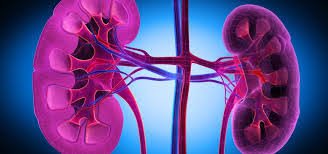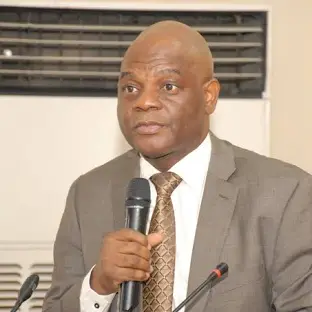Korede Abdullah in Lagos
The Federal Government has reaffirmed its commitment to reducing the rate at which Nigerians seek medical care abroad while strengthening the nation’s health sector.
Speaking at the Nnamdi Azikiwe International Airport, Abuja, on his return from the BRICS conference in Brazil on Saturday, Minister of State for Health, Dr. Iziaq Salako, noted that Nigeria shares common health challenges with many countries.
According to Dr Salako, “The challenges of most countries in health are similar to the health issues that we also face in our country; neglected tropical diseases like tuberculosis, leprosy and others.”
The Minister added, “There are challenges of non-communicable diseases like hypertension, diabetes, so we had discussions around how to cooperate, how to learn from one another to ensure that we can address some of these challenges,”.
Data Governance, AI Deployment Key to Sector Growth
Highlighting the outcomes of the BRICS health dialogue, Salako said the discussions underscored the need for improved data governance and the integration of artificial intelligence into health systems.
“Challenges also around data governance, deployment of artificial intelligence into the health sector, and use of data health systems were considered paramount to the growth of an efficient world health system,” he stated.
He emphasized that aligning with global best practices will enable Nigeria to tackle its health issues more effectively and position its health system for future demands.
Dr. Salako stressed that the Tinubu administration is determined to reverse outbound medical tourism and turn Nigeria into a destination for quality healthcare.
“One of the key priorities of President Bola Tinubu is to reverse the direction of medical tourism from outbound to inbound. Quite several people who would have gone abroad for health care will now be staying in Nigeria. We also see the possibility of servicing the entire West African region,” he said.
Salako added that Nigeria’s new partner status in BRICS highlights its strategic importance and opens up avenues for deeper cooperation to boost healthcare delivery across the sub-region.



